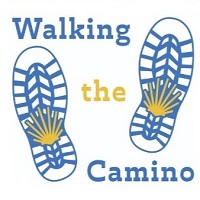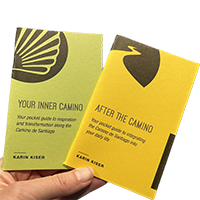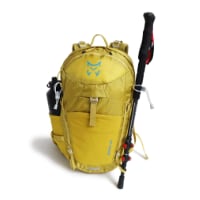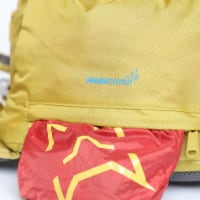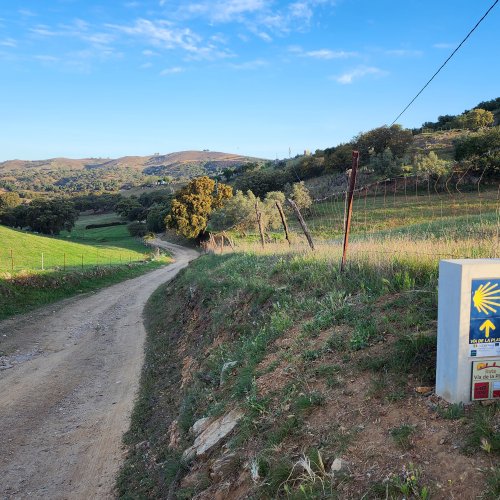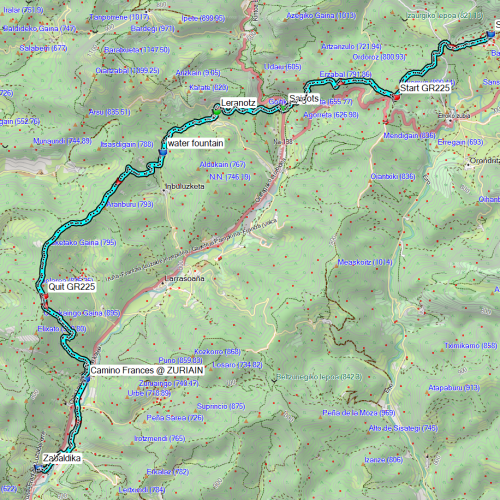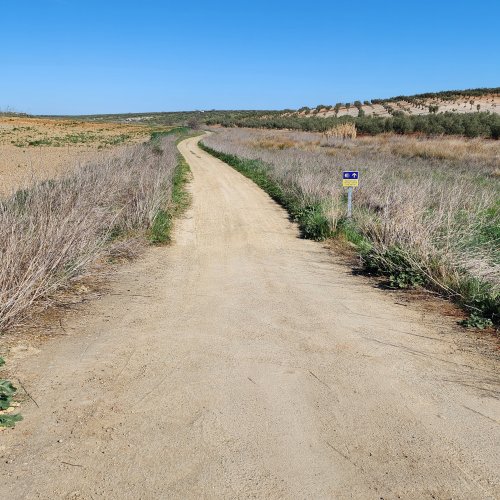@Smash123 and
@littlegreen60 your own bank will charge much less than the ATM bank. So you need to withdraw in Euros, and say "no" when it asks if you want the (local) ATM to do the exchange. It can be tricky, because the machines, I think, are deliberately set up to deceive!
Also, different ATM machines charge a different fee to use the facility - this is separate from the exchange rate, and should be shown as a flat charge. They are very variable, I've seen everything from a couple of euros to €10.
My own bank charges only the standard daily international visa exchange rate, which is as competitive as they come, and refunds all ATM fees. There are some conditions, I must keep more than a certain amount in the bank, and make more than a certain number of withdrawals and deposits each month. Which is no great stress as that is pretty much my normal pattern.
I am sure there are other banks that do the same. It can be worthwhile researching. For those in the US (and maybe Canada?) Charles Schwab seems to be the answer.
Another option is to use a "travel money care" from your bank, where you pay an upfront exchange rate to load the card with foreign currency, and then can withdrawn it from ATMs without paying any further exchange. But I find the exchange rate is quite high, and you will still be paying the ATM fee. You can also use the travel money card to pay for accommodation and purchases, like a normal debit card.
If you do have to pay ATM fees is worthwhile making your withdrawals in larger towns where there are usually a few options, financial areas with several banks are good, so that you can pick the cheaper ATM.
I think the short answer is no, it is not prohibitively expensive to use ATM machines, provided your own bank does the exchange and not the local bank.



